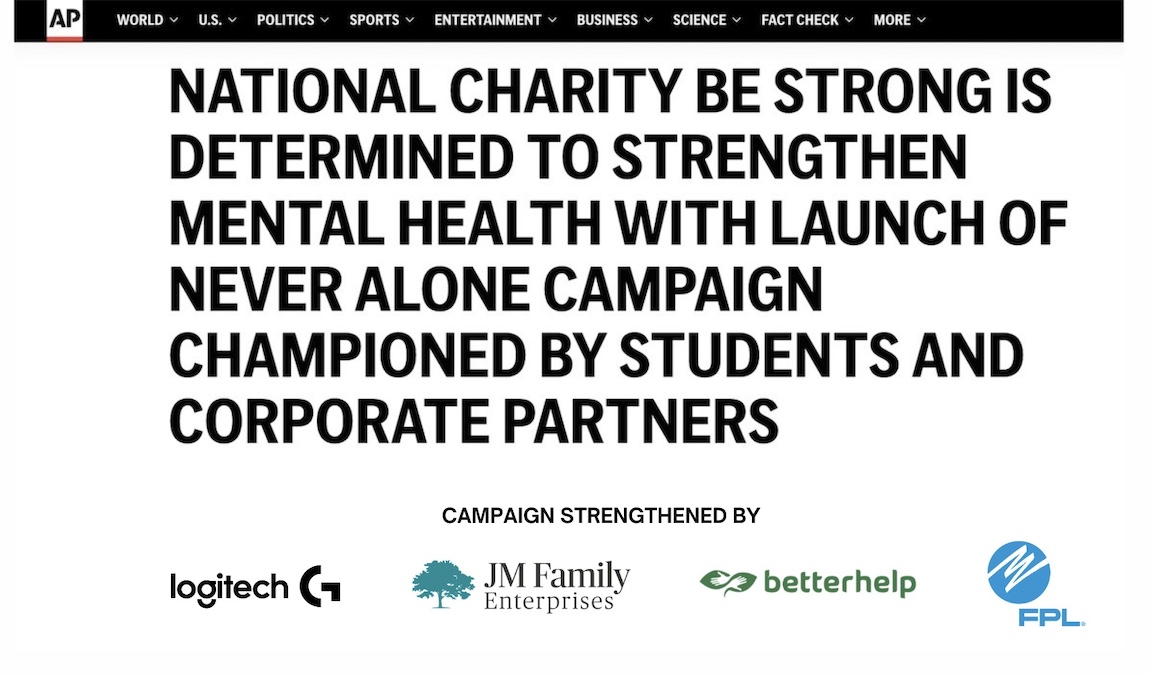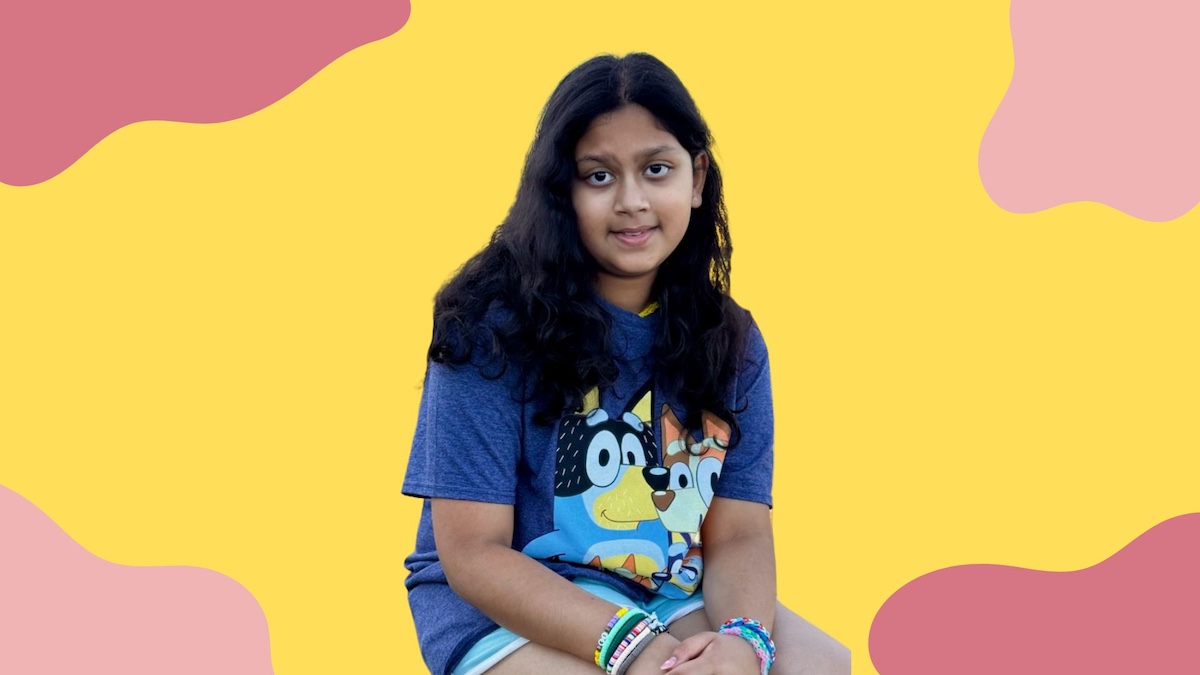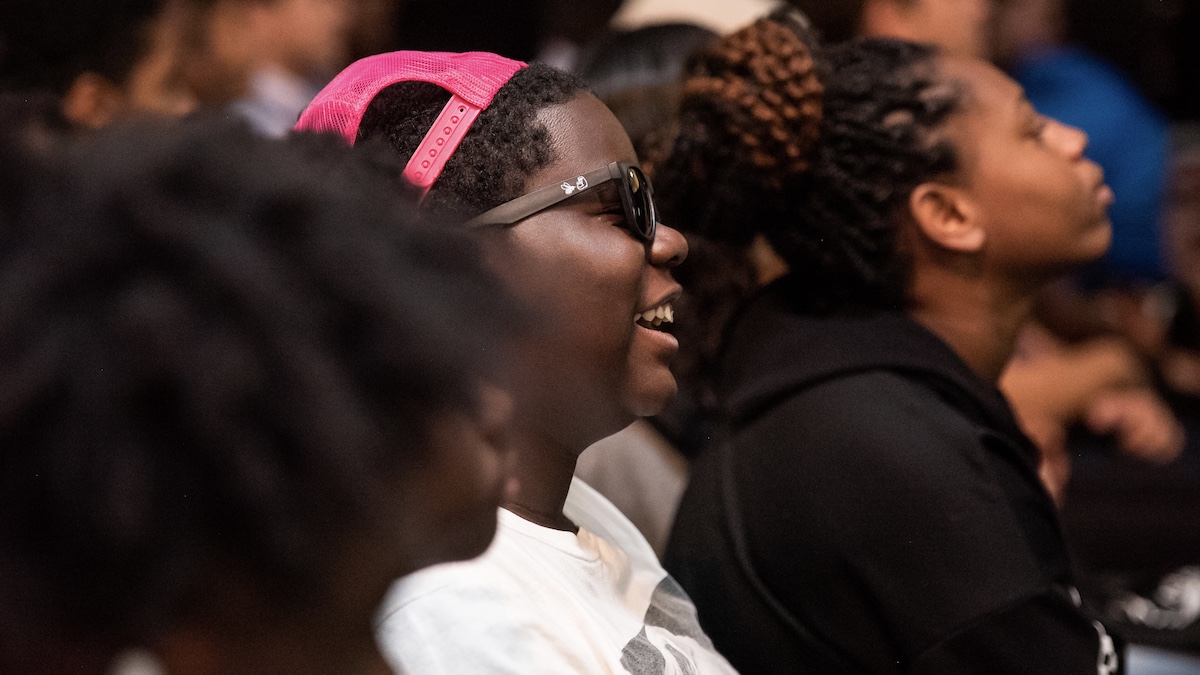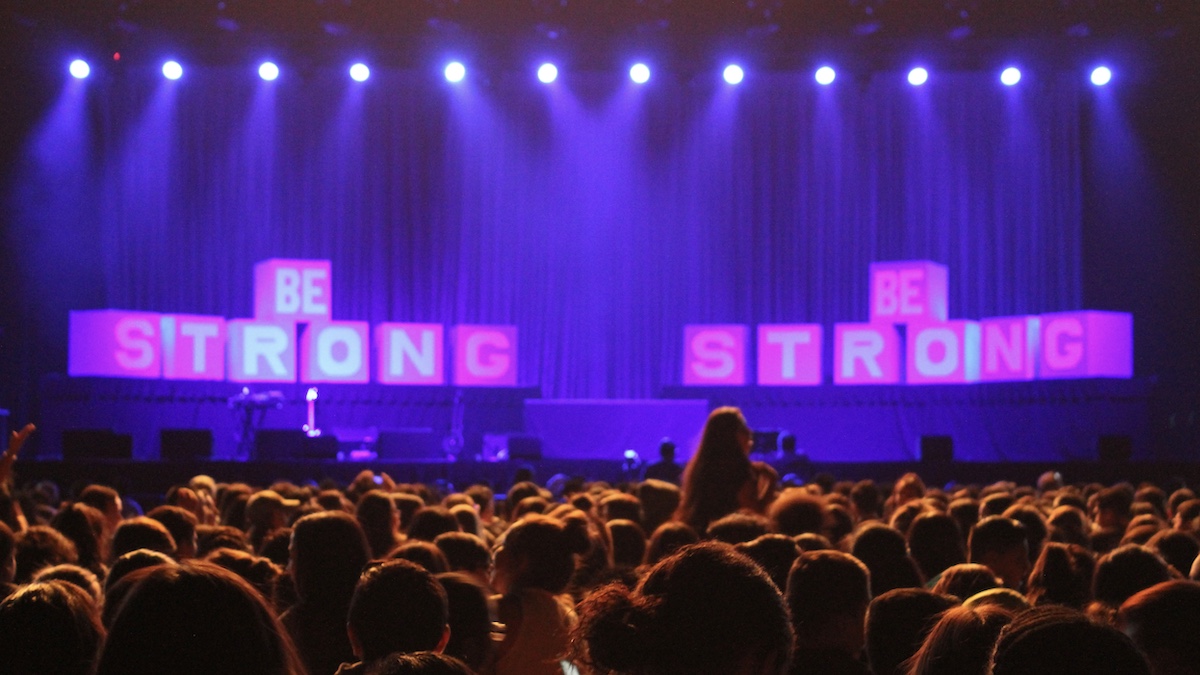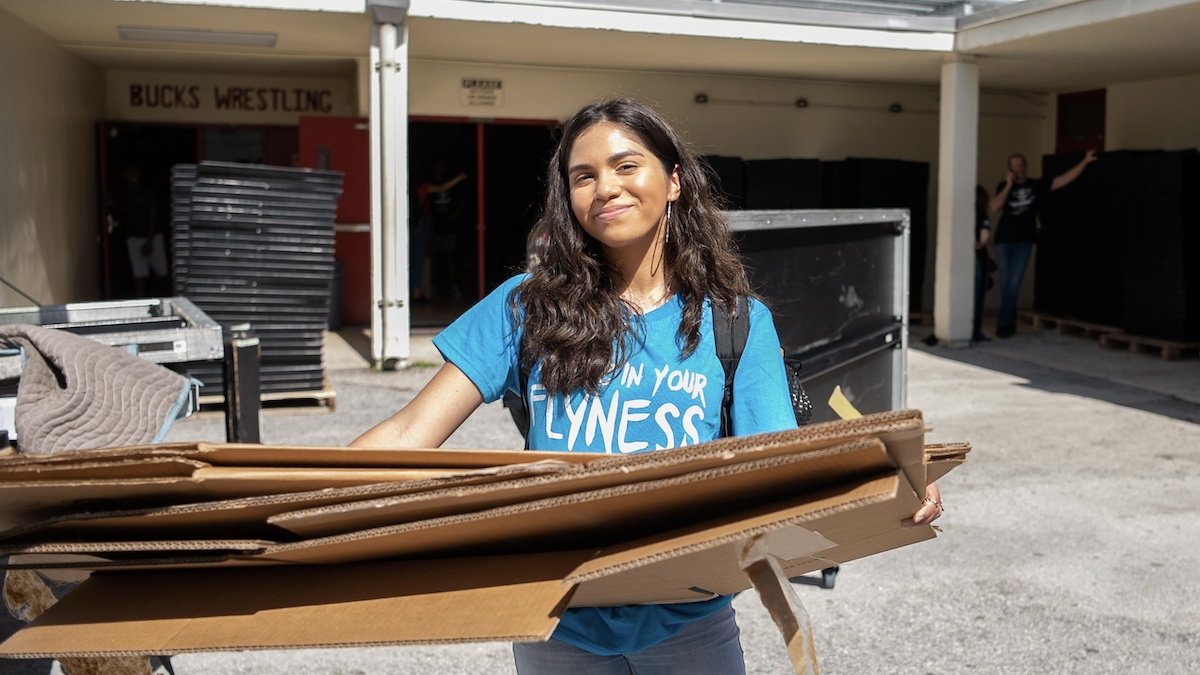Eliminating bullying has become a mandated requirement of all schools today. Yet, scientific researchers have discovered that “anti-bullying” programs that focus on teaching students not to bully don’t have good track records. They rarely produce more than a minor reduction in bullying and often result in an increase. So, if you wish to actually reduce bullying, what should you do?
It helps to first understand why typical programs aren’t having impressive results. Many reasons exist, but the most obvious is that they focus on teaching students not to bully and that they shouldn’t tolerate bullying.
But why should this be a reason for lack of success? Because people rarely think of themselves as “bullies.” People tend to think they are the good guy and the other person is the bad guy. So, when we teach kids not to bully anyone, they think, “Yeah! Those guys shouldn’t bully me!” They don’t think the lessons have anything to do with their ownbehavior.
And when they’re told how damaging bullying is and that they shouldn’t tolerate it, how do you think they respond? Does it help them handle it without getting upset? On the contrary. They react, “Oh, no! I’m being bullied! It’s terrible!” They get even more upset when they experience social aggression. And when they get upset, they get picked on even more.
The truth is that children don’t need more lessons on the importance of being good and of refraining from being bad. They’ve been bombarded with lessons like this them from the time they’ve been born.
Our children need to learn how to react when people treat them unfairly because they are going to encounter rude people throughout their entire life. They feel miserable because they don’t know what to do when people pick on them, and the lessons schools are presenting usually don’t work. In fact, if they’re not making it better, they’re probably making it worse.
To reduce the damaging effects of bullying, we need to be teaching social skills to our students. We must teach them how not to be hurt when people say mean things to or about them. Once they know how not to feel victimized, verbal attacks don’t bother them, it’s no longer fun to pick on them, and reports of bullying dramatically decline.
The most effective and moral way to deal with social aggression is by using the Golden Rule. It instructs us to be nice to people even when they are mean to us–to treat people like friends even if they treat us like enemies.
The best way to teach social skills is through role-playing. We can try to explain something ten times, but interactive role-play can be much more effective.
Don’t think that role-playing is hard. It’s easy once you get the hang of it. So much of the play activity of young children is make-believe. They love it.
If you do the type of role plays we describe here, your students will be engaged. You’ll have them laughing hysterically while they’re learning how to solve their own problems.
First, ask if they prefer to be winners or losers. They’ll say winners. Ask them if they want the people in their lives to be friends or enemies. They’ll say friends.
Tell them you’re going to teach them how to be winners, and how to turn people into friends.
The most important lesson you can teach them is how to deal with insults, because insults are the most common form of social aggression.
Ask for a student to volunteer to play a game with you. Say, “I want you to insult me and don’t let me stop you.”
When the student insults you, treat them like an enemy. This means you should get angry, defend yourself from the insults and threaten them to stop or they’ll be sorry. You will probably see them have a great time and continue to insult you. Then give up, and say, “You did a great job. Now let’s play again. Insult me and don’t let me stop you.” This time, treat the insulter like a friend. Be calm and appreciative about everything they say to you. Don’t defend yourself and don’t tell them to stop. You’ll see that they have a much harder time and may even become nice to you.
Point out to the kids that it’s entirely up to you if you get upset. When you get upset, they have fun and continue. When you don’t get upset, they stop.
You can do the same kind of game for many types of bullying. Ask a volunteer to bully you. First treat them like an enemy, then start over and treat them like a friend. The lessons will be a great deal of fun for the entire class, and you will be amazed at how quickly the students get it!

